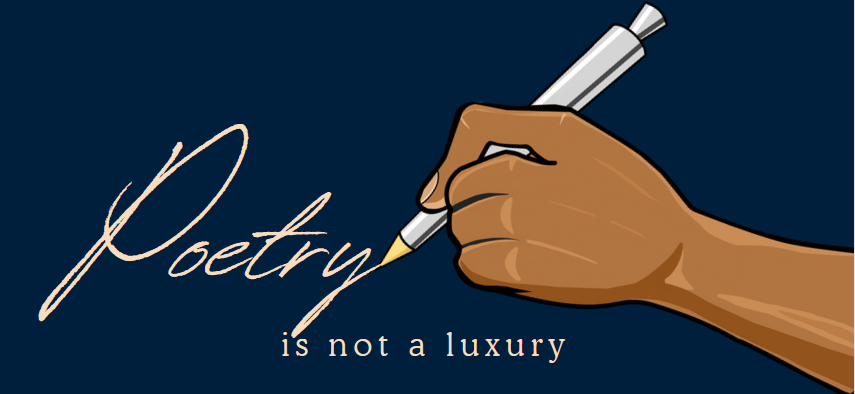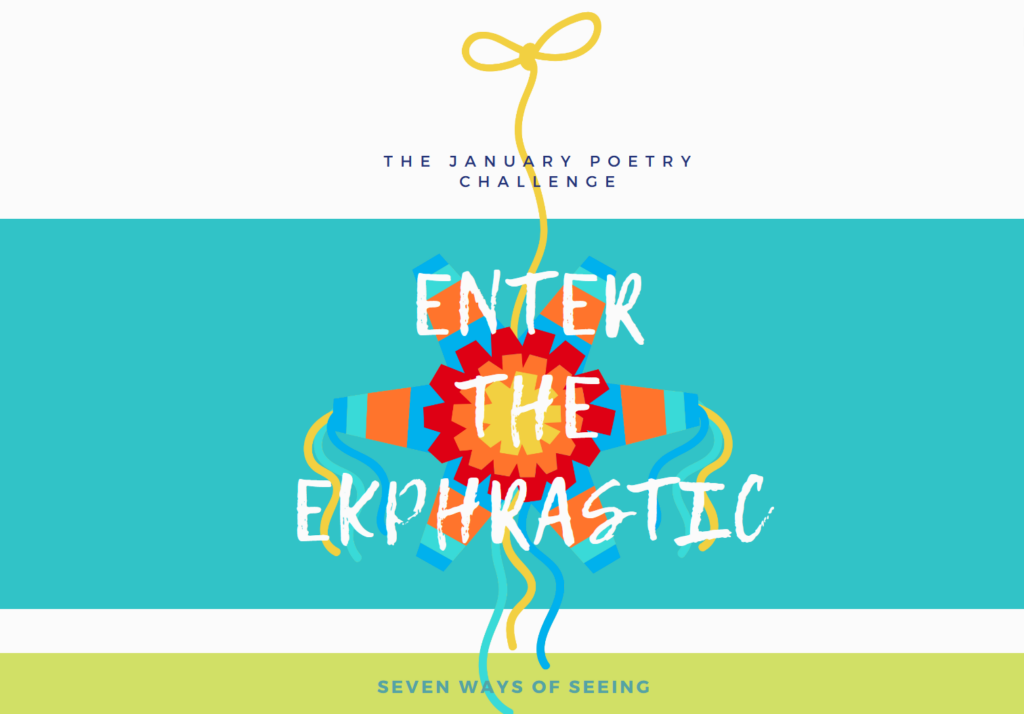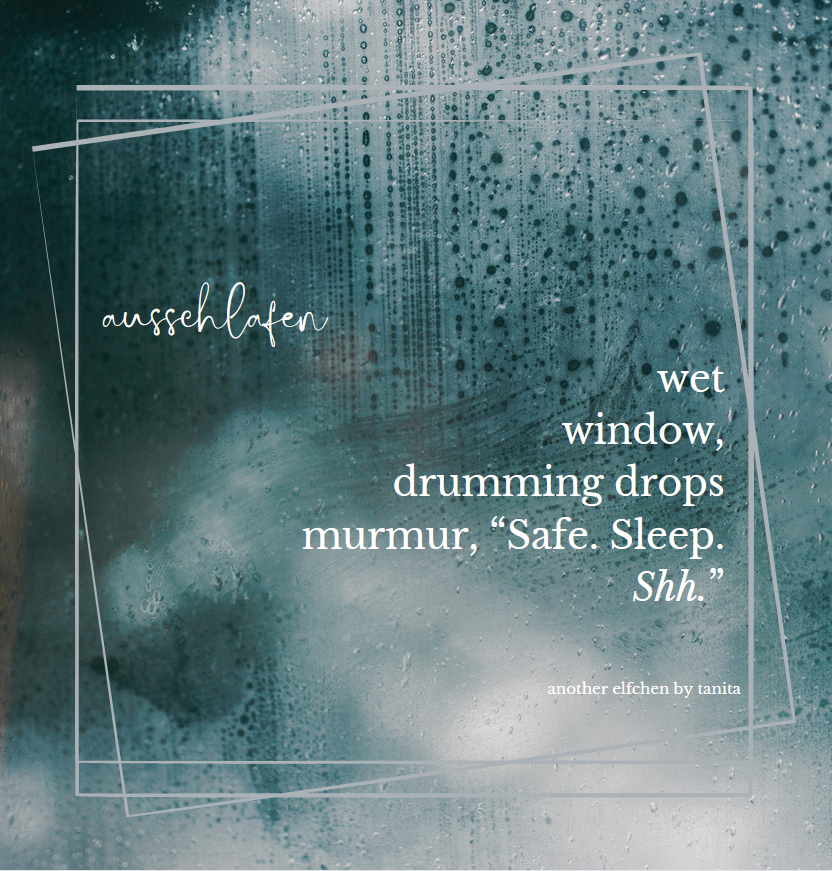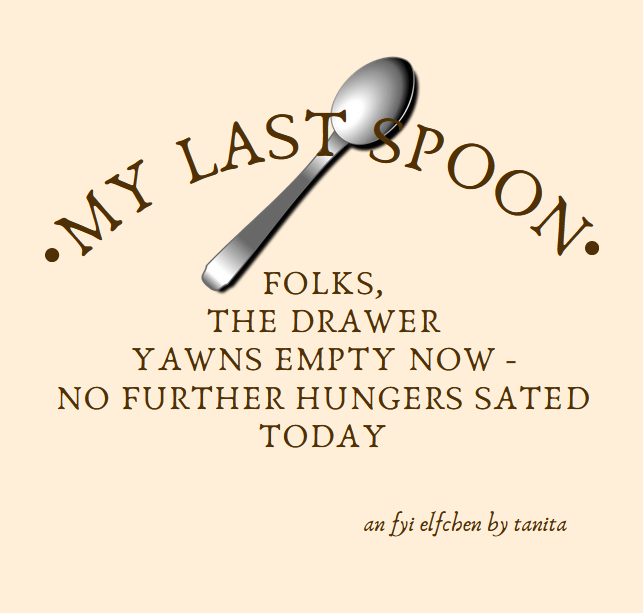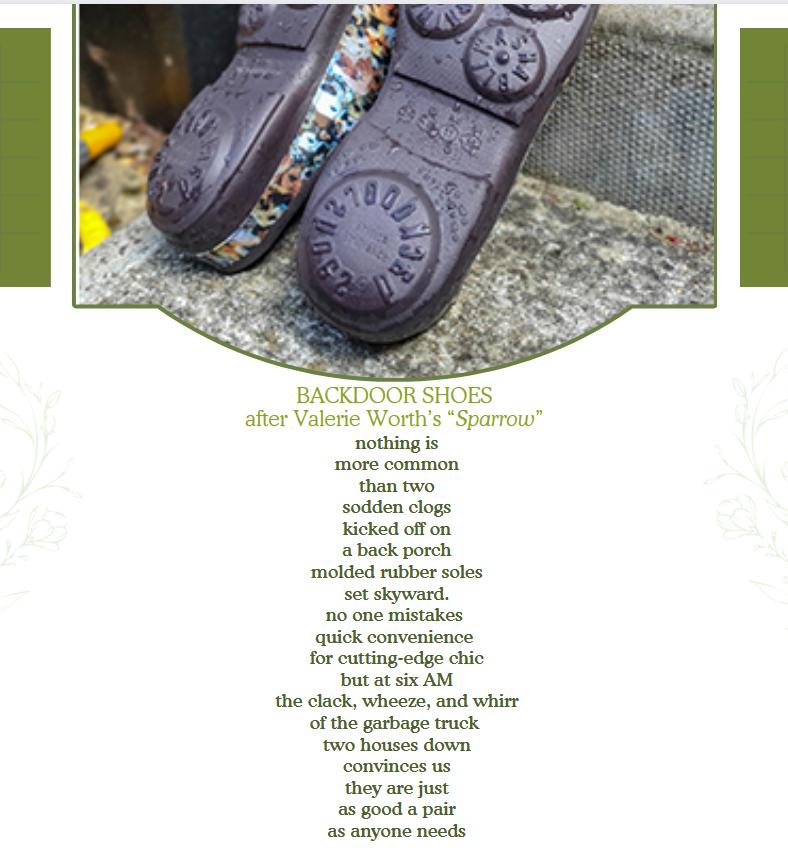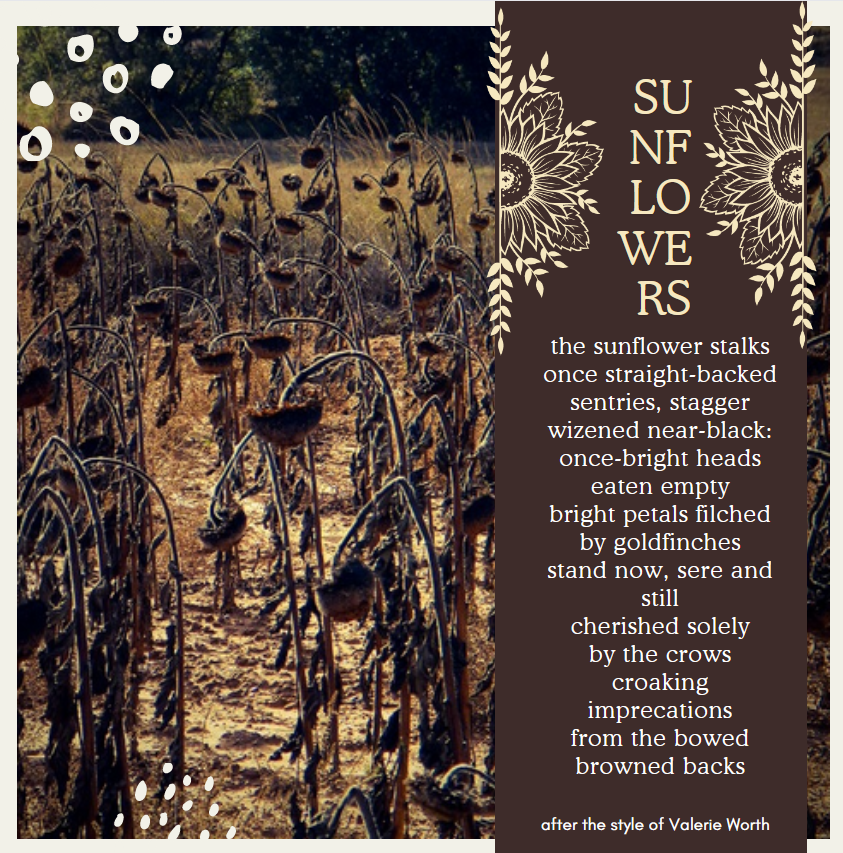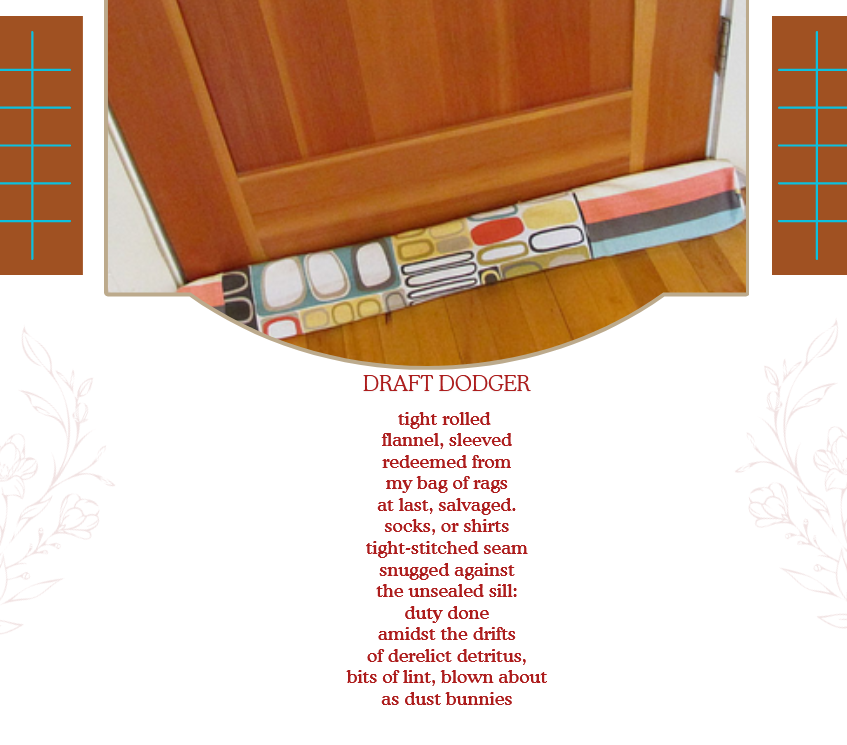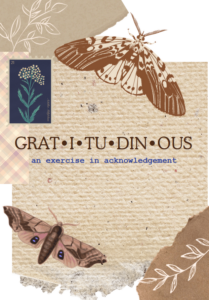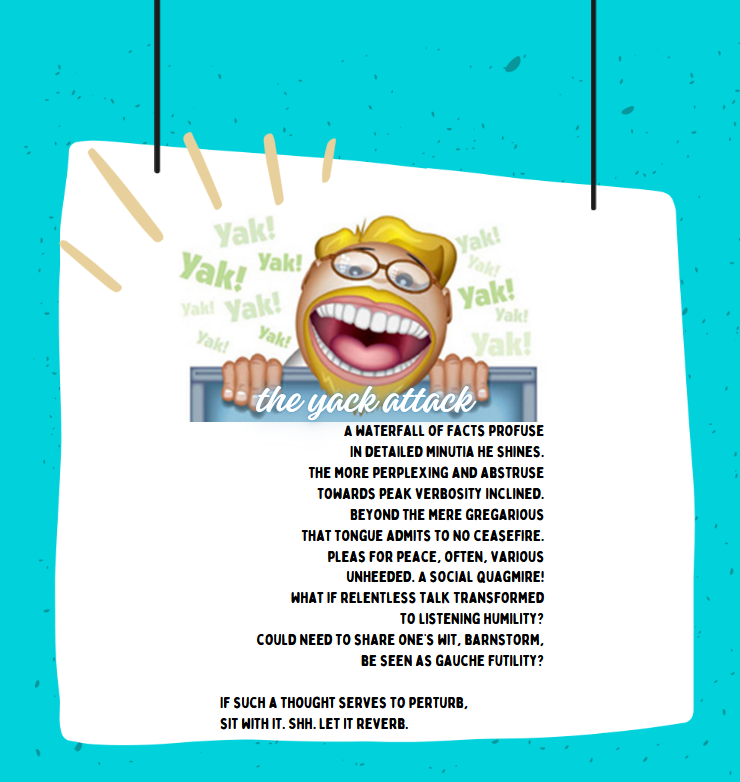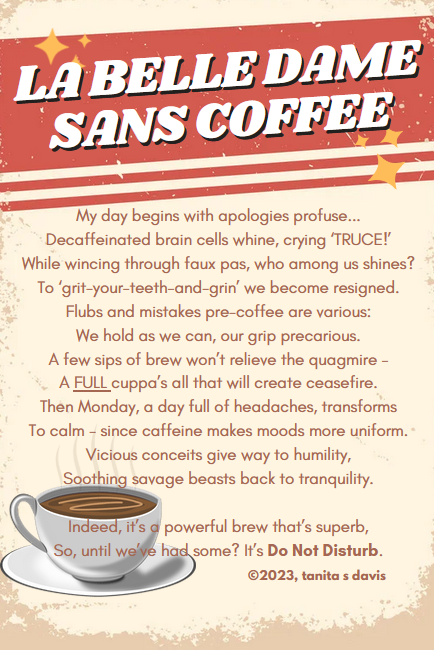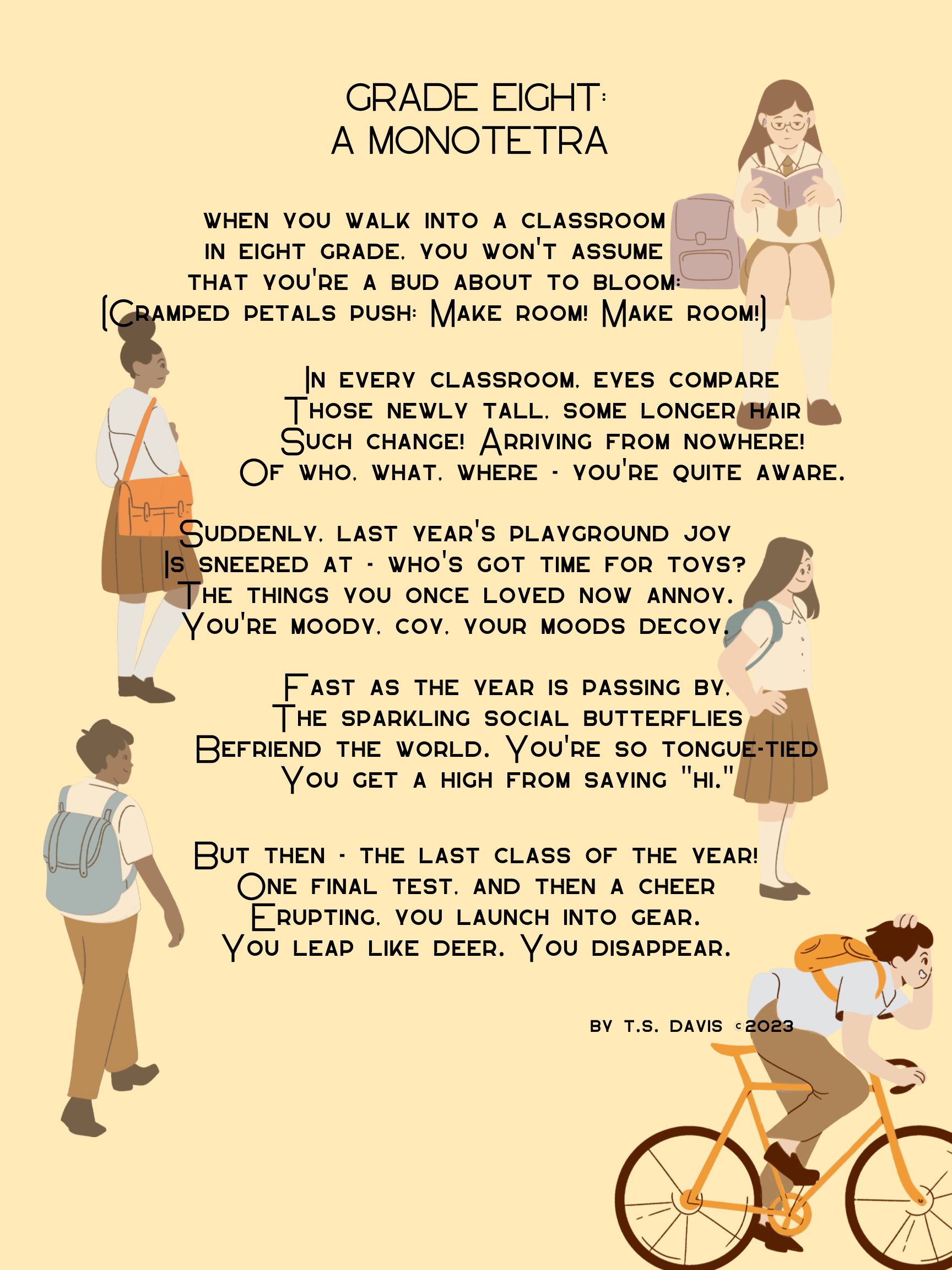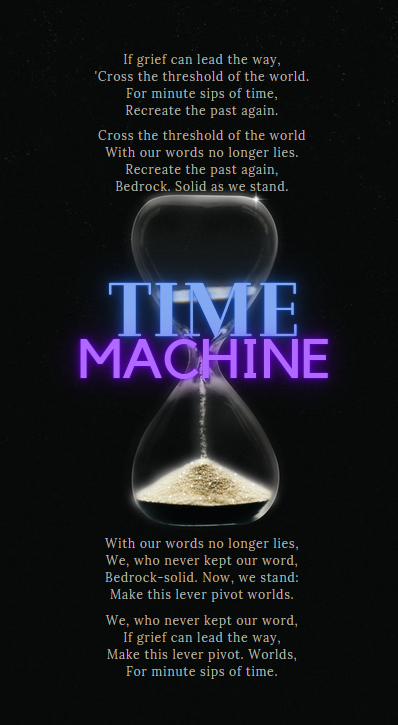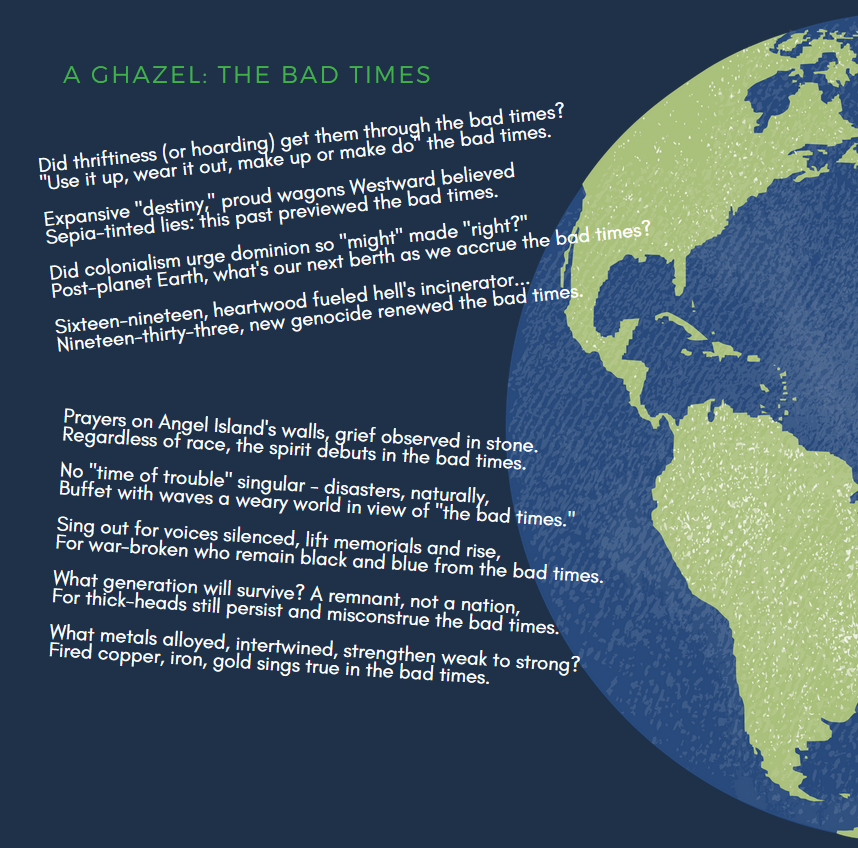Welcome to another Poetry Friday Poetry adventure!
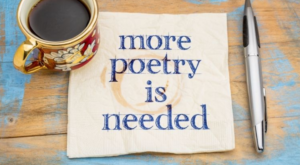
Poetry Peeps! You’re invited to our challenge for the month of September! Here’s the scoop: We’re writing Bouts-Rimé, which in French means literally ‘rhymed-ends.’ Bouts-Rimé is a poetry challenge wherein you supply a set of fourteen rhyming words, like June, stress, moon, obsess, snake, moot, cake, beaut, Garbo, play, hobo, day, rhinestone, cologne (from Columbia College’s journal, 2006), exchange them with a friend or poetry group, and then write a poem to the rhymes in the same order that they were placed upon the list. Great ingenuity is required to create something coherent – which is, of course, 90% of the fun. Are you in? Good! The Poetry Sisters are continuing to throw our 2023 theme of TRANSFORMATION into the mix. Whatever your topic or theme, you have a month to craft your creation and share it on October 27th in a post and/or on social media with the tag #PoetryPals.
Poetry Friday today is brought to you by the word ‘WITTY’ and is hosted by the generous, lovely, and delightfully witty Jama-J at Alphabet Soup. Do pop on over for poetry goodness that is not these rather silly poems of mine!
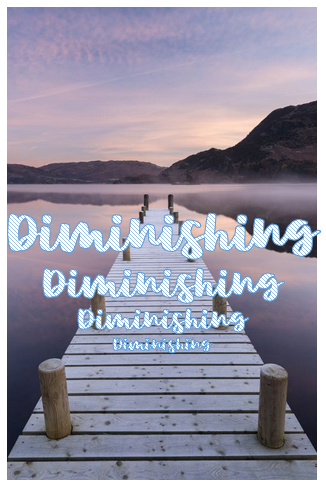
Oh, my goodness, poets, buckle up. Diminishing or Pruning Poems appear to be simple – but of course, you know the Poetry Sisters drill by now. Nothing we ever attempt – despite our best efforts – can ever just be easy. A poem built around a single rhyming word which diminishes by a single letter per line? Now, how hard could that be???
::insert eyeroll::
In order to find words to prune, I started with digraph and trigraph consonant blends, imagining that more consonants on the beginnings or ends of words would help. They did, kind of… however, the words I found somehow just did NOT seem to lend themselves to anything poetic. Scrump? Relapse? Paeon? Feel the poetry there, folks. I asked Himself to dig into his lists of words (yes, he keeps lists of words for fun, yes, you knew we were word-loving nerds in this house) and I pulled quite a few I could work with, but… even so, I started feeling like I was writing middle school assignments with these three line little… ditties. I don’t know, it didn’t feel very poetic, but you know, I started to lean into the brevity and the simplicity of idea, and the playfulness. Not all of them are worth sharing, but I have a few…
I’ll have you know, today’s poetry reveal is a reveal for all of us – due to several unforeseen circumstances only two of the Poetry Sisters met for our usual co-writing hour last Sunday, so we have the added amusement of not knowing anything about what anyone else is posting! But, if you check out Tricia’s poem here, you’ll get your first idea. Liz’s poem is here. Mary Lee’s is here. Michelle K’s poem is here, along with an offering of art, and Denise Krebs is writing poems of presence here. Linda B’s poem is here, and Carol V.’s seasonally perfect poem is here. Kelly, Laura and Sara are sitting out this dance, but more Peeps rising to the poetry challenge will be checking in throughout the weekend, so stay tuned for the full pruning poem round-up.
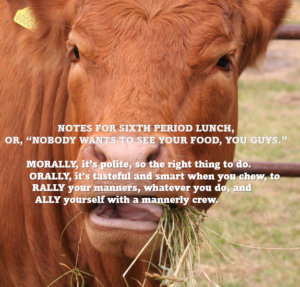
(CLICK IMAGES TO ENLARGE) Thematically, these poems are eccentric (#transformationfail), so… enjoy.
I had to include this one, even though TECHNICALLY this one doesn’t “count.” The rules of the Pruning Form describe the word that you choose to prune as “rhyming.” Morally, orally, rally, and ally sadly do NOT. However, I couldn’t pass it up.
Notes On Sixth Period Lunch Period, or “No One Wants to See Chewed Food, Guys”
MORALLY, it’s the right thing to do.
ORALLY, it’s tasteful and smart when you chew, to
RALLY your manners, whatever you do, and
ALLY yourself with a mannerly crew.
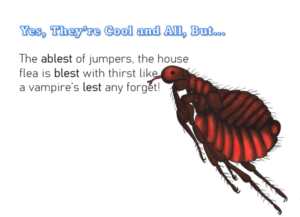
After having my LIFE changed by Nikki Giovanni’s poem, “Allowables,” I’ve tried to be a bit more Zen about all the life around me, even those bits of life I really despise. So, um… fleas are the longest/highest jumpers in the world? Yay? Still want them and mosquitoes to stay away from me, though. Shoo them with fire!
Yes, They’re Cool and All, But…
That ABLEST of jumpers, the house
flea is BLEST with thirst
like a vampire’s, LEST any forget!
As you can see, I may have a ways to go with the Zen thing…
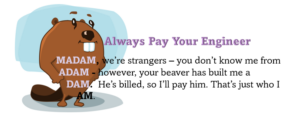
Incidentally, I’ve begun to ask myself what it is about this form that brings out… the wildlife for me. I hadn’t honestly even realized I was writing zoology poems until…now? Anyway, this little ditty almost felt like it was cheating because of the palindromic poem “Madam, I’m Adam” which made me think of madam as a word choice – but I’ll take it anyway:
ALWAYS PAY YOUR ENGINEER!
MADAM, we’re strangers: you don’t know me from
ADAM, however, your beaver has built me a
DAM. He’s billed, so I’ll pay him. That’s just who I
AM.
Look, I WARNED you they were a little goofy.

Shout out to the people who want to take libraries back to the days when the only books were to their tastes (perhaps – we’re not sure they ever actually, you know, read whole books), the only patrons were controlled and silent, and the only senators of note were named McCarthy. That era is aspirational for someone out there, but brace yourself, it’s not gonna happen, folks, so beware…!
Reminder: The Library Is For Everyone
SHUSHERS in the library whose
HUSHERS silence crave, you
USHER in the urge to make some noise and misbehave!
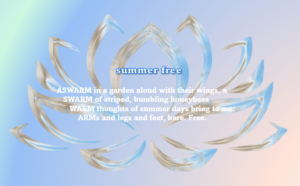
And, it’s back to the natural world – and a stop by the garden for a final salute to the beauty and peace I’ve found with my little DIY meadow this summer. Happy Friday to all, as the last vestiges of summer diminish and we welcome in the crisp and chilly – the fading, the falling, the fallow, the mist and the moss that means autumn’s arriving, amplifying and approaching its peak.
Summerfree
ASWARM in the garden aloud with their wings, a
SWARM of striped, bumbling, honeybees.
WARM thoughts of summer days bring to me:
ARMs and legs and feet bare. Free..
I’d LOVE to see you try your hand at some Pruning poems with some of the words I’ve chosen, or others. Uneaten. Abraid/Abrade (the first archaic spelling is still a word, thus legal for Scrabble, FYI). Slabs. Prelate. There’s got to be a poem somewhere in these most mundane of words!
Here’s to making a little time for wordplay – and even if your efforts are not the wittiest, the English language is such a rich, deep well from which to draw that it keeps our thirsty brains busy being smarty-panters. And, cheers to those bi or trilingualists who can riff in multiple languages, or with fingerspelling! Here’s to the world of words – and long may it do anything but diminish us.
Happy Weekend!
